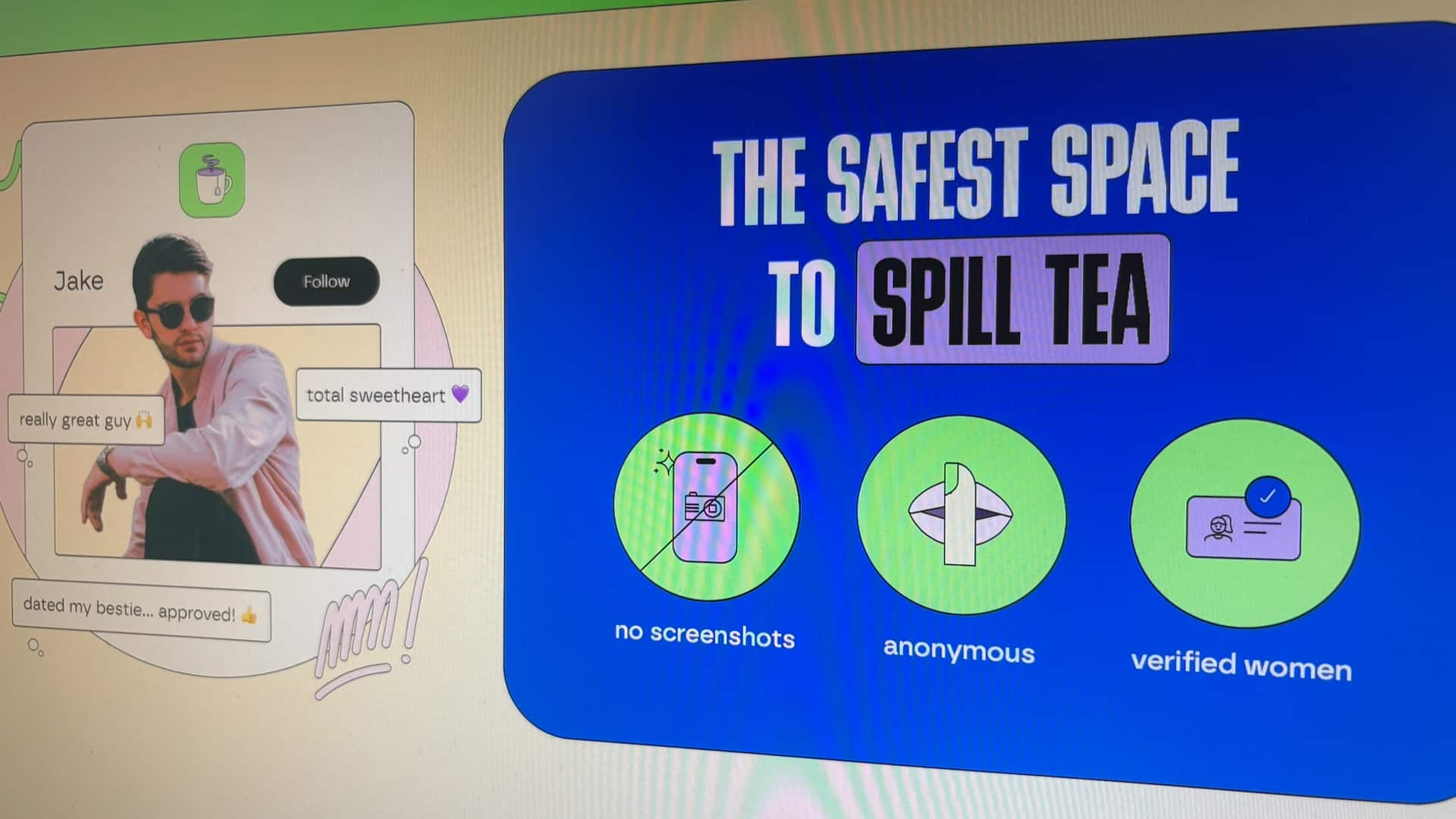
Tea app breach worsens—Women's private messages on abortions, affairs leaked
What's the story
A second major breach at women-only dating safety app Tea has exposed over 1.1 million private direct messages, according to 404 Media. The leaked conversations include deeply personal topics like abortions, infidelity, while also revealing personal information of users. This second breach affects messages up until last week, as per 404 Media's investigation. Despite Tea's initial statement attributing the incident to "a legacy data storage system containing information from over two years ago," a separate issue has impacted another database.
Identity exposure
Leaked messages revealed identities of users
The leaked messages contained social media handles, phone numbers, and real names of Tea users. This made it easy for 404 Media to identify some users whose identities were supposed to be anonymous. The conversations also included serious allegations against other individuals named in these private chats, further complicating the matter.
Security concerns
'Misleading' statement issued by Tea regarding data storage practices
Tea has been criticized for its data storage practices, which led to the initial hack. The company claimed it stored user data in compliance with law enforcement requirements related to cyber-bullying prevention. However, Peter Dordal, a professor of online networks and security at Loyola University in Chicago, called this statement "misleading" and said that the company could have done more to prevent this cybersecurity nightmare.
App origin
Tea app and its controversies
Tea was founded by software developer Sean Cook, who wanted to create an anonymous platform for women to share their dating experiences. It allows members to share reviews about men, with access to the platform only granted after providing a selfie and government ID verification. The app quickly gained popularity, hitting the top spot on Apple's App Store last week. Despite its success, Tea has faced criticism from "men's rights" groups online after some men were identified on the app.